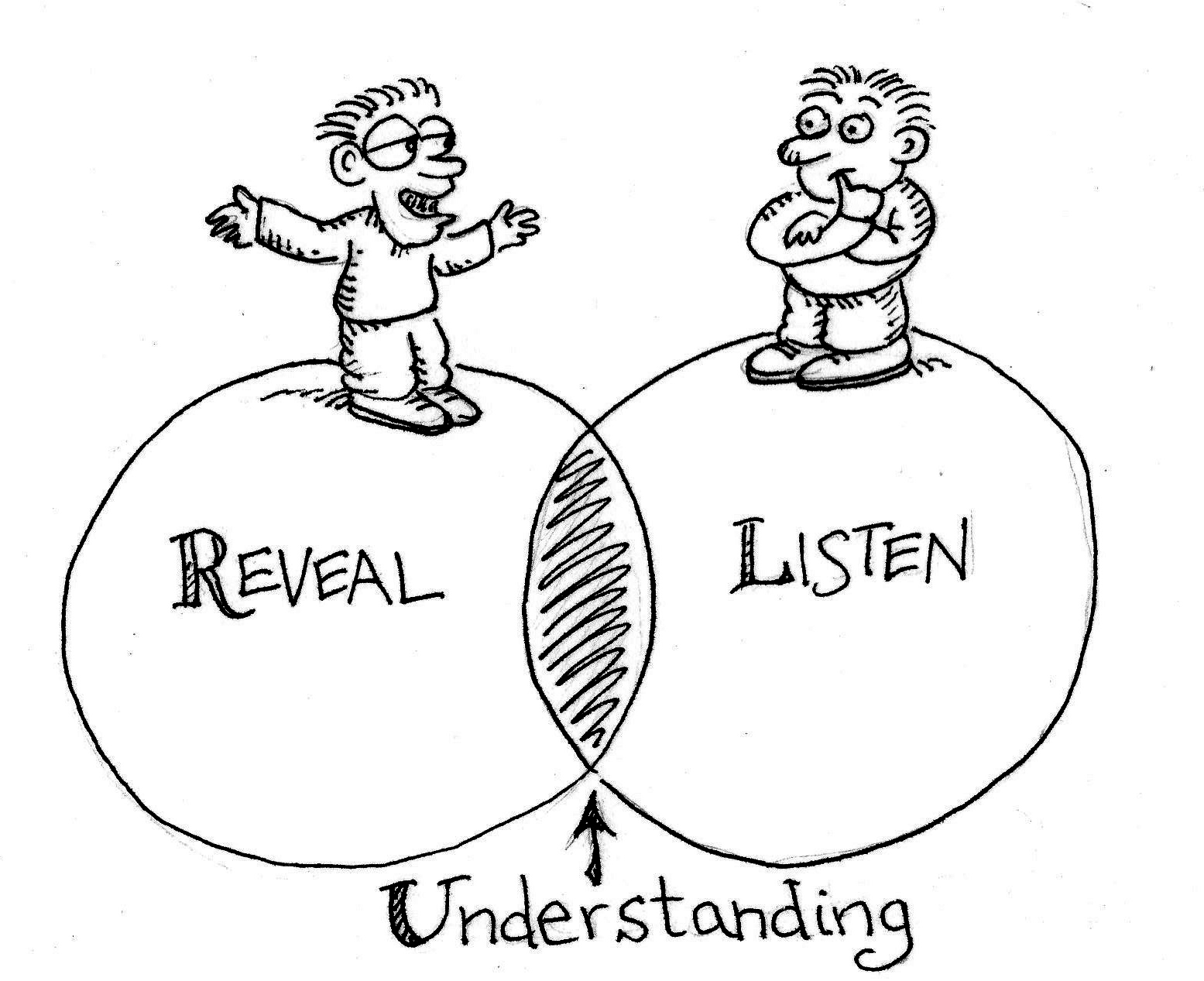Seven Ways to Turn Conflict-Communication Problems Around
Seven Ways to Turn Conflict-Communication Problems Around
©Irene Becker, www.justcoachit.com
Is conflict creating problems? Conflict destroys productivity, engagement, empowerment, communication, leadership and success. Conflict is an emotionally charged situation that is fueled by incompatible interests, goals, feelings, ideas, values, ethnicity, personality differences, or miscommunications.
Step 1. Do NOT react; instead use the conflict at hand to build one of your most important Q skills, constructive discontent. While our first instinct when confronted with conflict is often to react, or retreat this is often one of the most counterproductive ways to handle conflict. Your automatic response, a response triggered by your amygdale/your reptilian brain will be to fight or flee. DON’t do either.
 Step 2. Understand. Understand the manifestations of our automatic fight or flight response and do not react to them:
Step 2. Understand. Understand the manifestations of our automatic fight or flight response and do not react to them:
Denial – If we don’t think about it, it doesn’t exist or will go away by rationalizing or minimizing. We can deny the problem all together, or we can deny our anxiety be becoming aggressive, confrontational or carrying a chip on our shoulder.
Avoidance – We know the conflict is there, but we don’t want to deal with it, and make or find excuses to not deal with it.
Projection – Permits us to deny our own faults by projecting these faults onto others.
Reaction Formation – Adopting the traits or mannerisms of the person with whom they are engaged in conflict.
Displacement – Attacking the other person by changing the original topic of conflict, with some other unrelated complaint.
Escalation – A person will respond to the conflict by blowing it out of proportion, or expressing their own needs, by acting overly melodramatic, and appearing too needy for attention.
Pause; expect that your amygdale or reptilian brain will cause an automatic fight of flight response. It is subconscious, it is primal, it is automatic to all human beings; and, it can be circumvented by waiting for this fight or flight reaction to pass so that we can learn to respond rather than react.
Step 3. Become a better listener. Take a moment to understand the objectives of the person fueling the conflict. Walk in their shoes for a few moments. Make sure you really understand what the other party wants. What do they really want, what are they feeling that is compelling them to create a conflict? Has something done or said invalidated them in some way causing the current impasse? Is there a communication problem that has caused mutual misperceptions, perhaps mis- information?
Step 4. Build constructive discontent. On a superficial level constructive discontent is your ability to stay grounded and focused on your objectives, your true goals during an argument or conflict. On a deeper level, constructive discontent is a learned skill, a leadership skills that will help YOU feel a difficult emotion, but not act upon it. Feeling the emotion, not being held hostage by it but re- focusing YOUR true objective is critical.
Step 5. Focus on the shared objective. Begin again from the center of the table. Focus on the objective you and the other person share, the common goal, rather than the difference in your proposed solutions. If you need to discuss feelings do not be accusatory, do not invalidate the other person’s position. Reflect their position to them, make them understand they are heard AND focus on the common objective that you share.
6. Validate. Validate the other party’s opinion/position. You do not have to agree, but you must let them know that you have heard their position. Alternatives must be framed in a way that does not invalidate the other person’s position, but shows them how the alternative will benefit them and your shared objectives. A cooperative atmosphere is critical to building trust and to any hope of a successful resolution. Nothing can be accomplished without trust, and trust can only be engendered when both parties think cooperatively.
7. Agree and Resolve, if possible. When a resolve is accomplished, both parties must be clear about what they are agreeing to and abide by their agreement. Make sure that everyone clearly understands and agrees with what has been decided.
More communication tips and tools:
Five Communication Posts in One
Learning & Communication Self Test
Use Your Voice to Inspire and Engage
Constructive Discontent
Community of Purpose

About Irene Becker, Executive Coach, Consultant, Speaker, Writer Chief Success Officer, Just Coach It -The 3Q Edge™
First woman CEO of a steel company in Canada, Irene Becker has a track record of trailblazing accomplishments in business and in the community at large. An insightful and inspiring executive coach, mentor, speaker and writer, Irene helps clients achieve breakthrough results in their communication, leadership and lives. Passionate about the integrity of her work and its ability to help change-makers LEAD change, Irene helps smart people and organizations develop 3Q Leadership™ and effective verbal, written and social communication that builds reach, resonance and results. Irene welcomes your emails at irene@justcoachit.com and tweets at @justcoachit.
©Irene Becker, www.justcoachit.com












